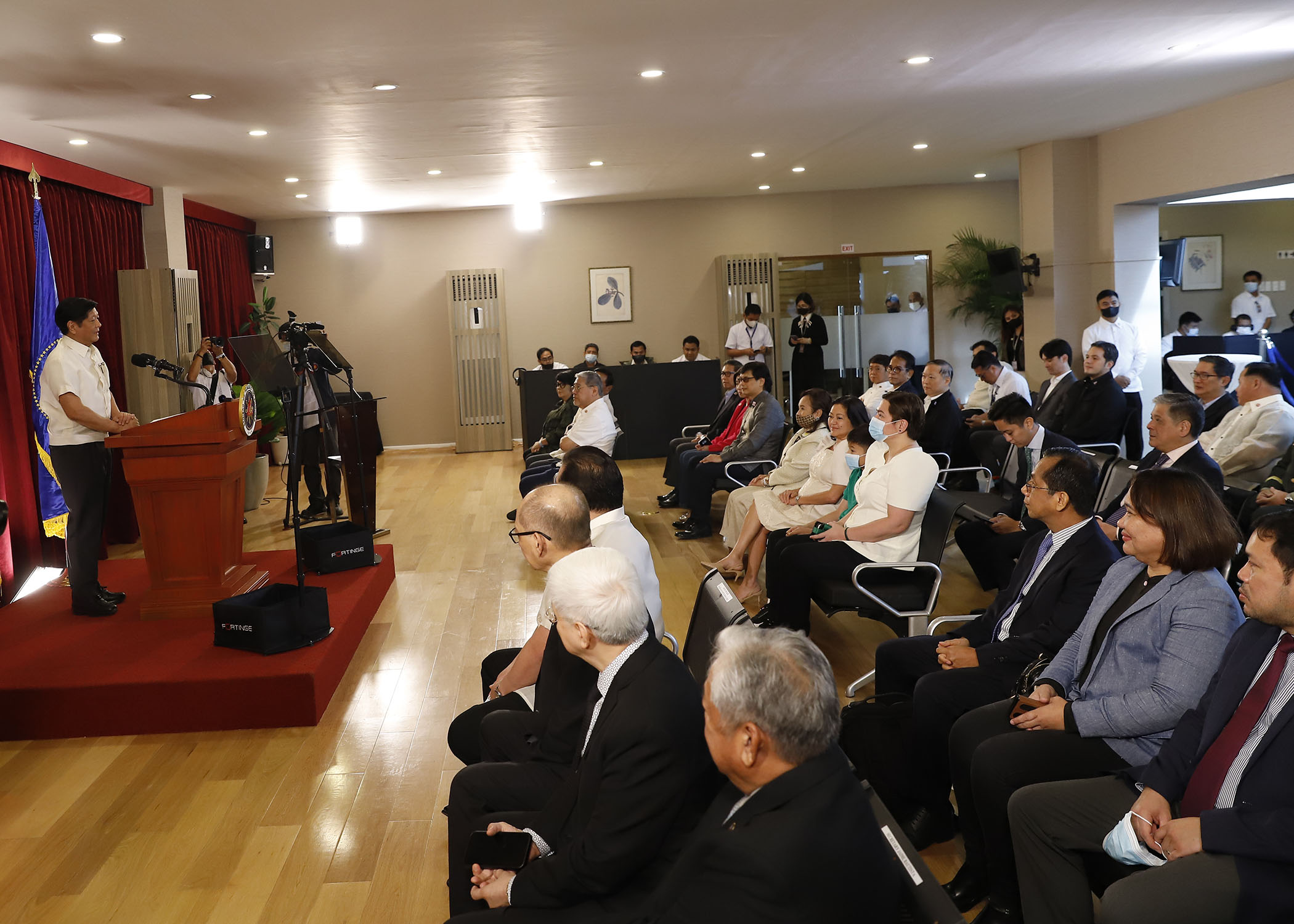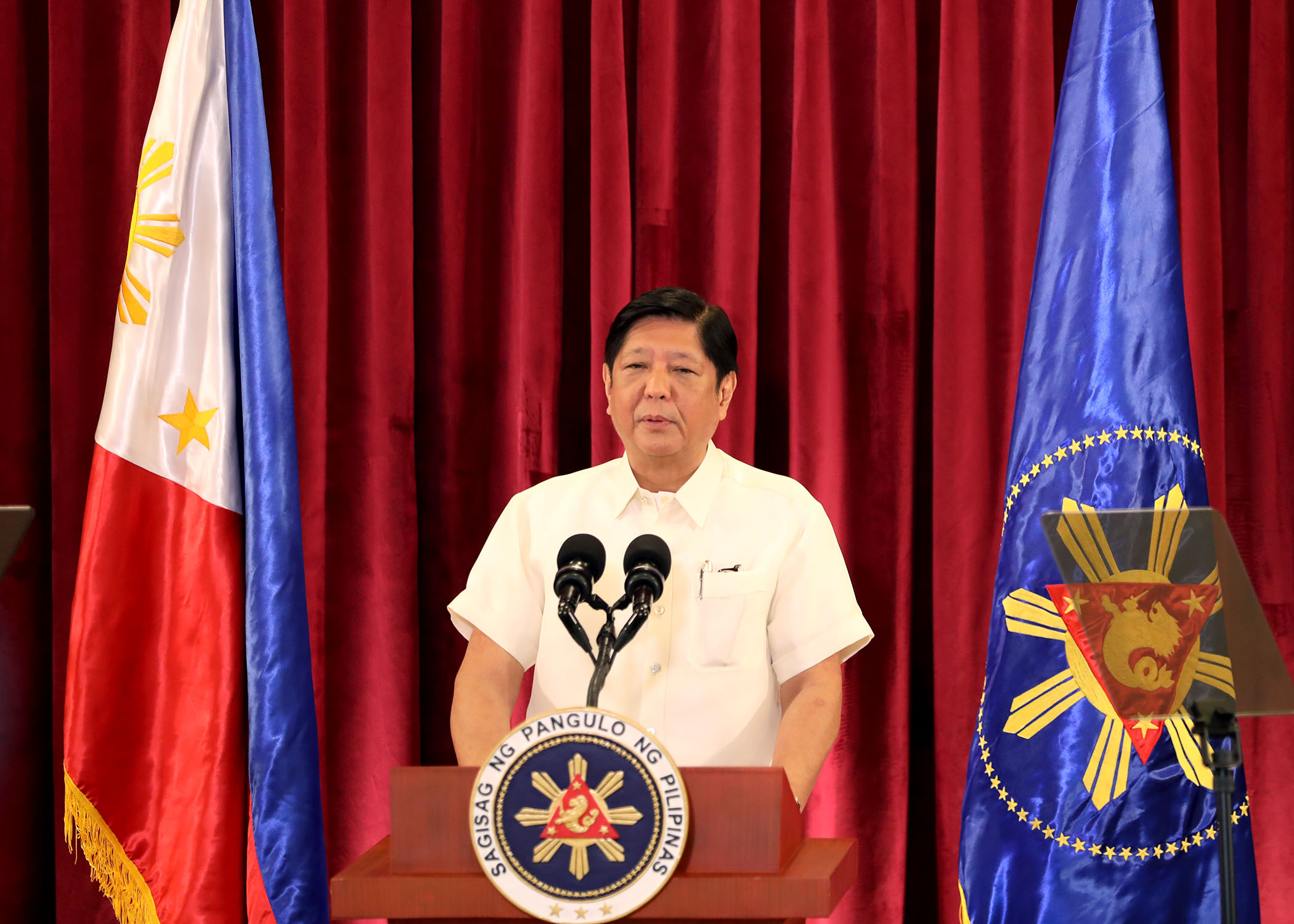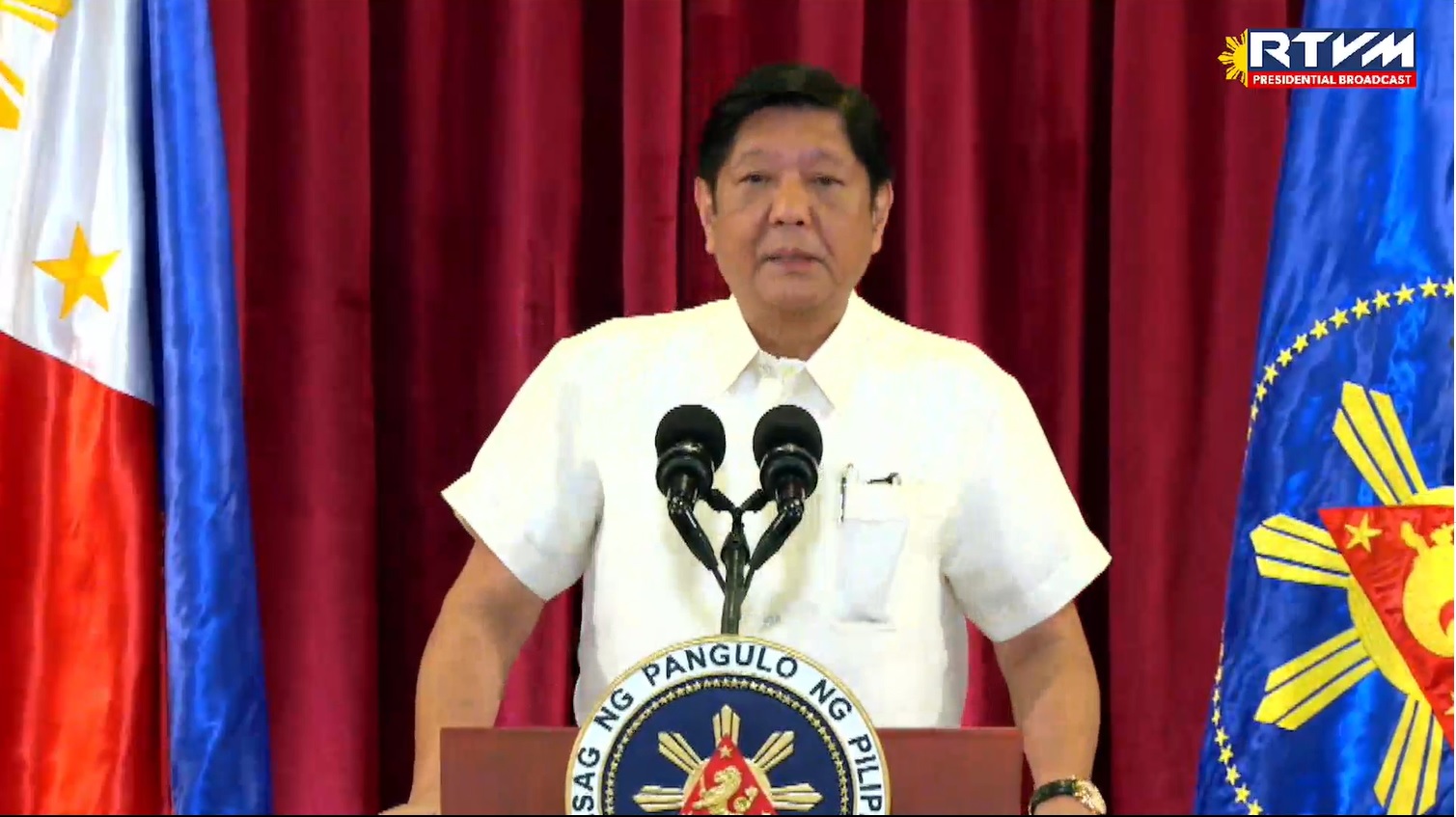I thank everyone who’s here today. Of course, my first thanks come to all you guys, who have always been so supportive and are a very important symbol of the trust and confidence in what we have been doing to try to transition the economy from pre-pandemic to post-pandemic, post-Ukraine economy.
And a central part of that has always been my continuing reminder to people that we, the government, cannot do this alone. And the partnerships that we will need, a strong partnership with the private sector and your being here and in the past, have been so supportive is a primary element and most important element for that to succeed.
I’d like also to thank of course Mr. Chipman and Mr. Rachman for sharing your thoughts with us.
On the --- on really a rather intriguing question which is perfect for the times, will geopolitics finally kill off globalization?
Well, it is something that really needs to be thought about because there are such contrary forces that we feel in both in the geopolitical sphere but also in the economic/trade sphere.
Now, I think what happened, especially --- I’ll use the Philippines as an example is that what happened during the pandemic is that we were brought back with a hard thud to basics and so we have to strengthen our own local economy to be able to withstand shocks such as the pandemic, such as Ukraine in the future and there is an element, there is a tendency of protectionism in that because we take care first of our own businesses, we take care first of our own industries, we take care first of our own economy.
But again, but there is the contrary force to that is that the very clear understanding and assumption by everyone who thinks about these things that trade is the key to wealth for any country.
No country grew wealthy without a very strong trade relationship, not only with one or two other countries but with the rest of the world.
In terms of geopolitics, your remarks Mr. Chipman, in that we all desire, especially let us say around the South China Sea, we all desire a more multi-polar.
However, the forces of us going back to that Cold War type of scenario where you have to choose one side or the other are strong.
And when I speak to the other ASEAN, APEC members and the other leaders and I ask them and they ask me, “do you feel it that you must choose?” And I say, “yes, don’t you?” And unanimously, they say yes.
So the multilaterism that ASEAN --- what we call the ASEAN Centrality that has become a very important concept.
I think we are determined as a group in ASEAN and in the Indo-Pacific, those around the Indo-Pacific, despite all of this conflict we are determined to stay away from that.
And simply because we are anchored in the idea that the future of the Indo-Pacific, the future of Asia-Pacific for example cannot be determined by any one but the countries of the Asia-Pacific and that removes us immediately from that idea that you must choose. We choose our friends. We choose our neighbors, that’s the choice that we have made.
And so, although there are, because of these crises, the pandemic, the Ukraine situation, because of these crises, there have been tendencies as I said to be towards nationalism, towards closing borders, towards protectionism.
But I think that technology has taken us too far. We cannot go back, and in both the global arena and in terms of politics, the geopolitics of it and in terms of the economy, the global economy, it is now conceptually impossible to even think that we could have a non-global economy, that we will return to what we were 200 years ago, a hundred years ago. That simply is not going happen.
And so although we have I think hit, we’ve hit a very big bump on the road, several big bumps on the road, I think the tendency after a while, after things have settled, after countries such as the Philippines have put in place the elements of policy, the elements of legislation that are necessary to be able to adjust to what is the new coming economy.
Once that is in place, I think that the globalization will start --- we will start to return to the tendency of globalization.
I really would like, love to discuss this further with you because it’s a terribly interesting subject, it is critical to the future of our planning.
So thank you very much again for those --- for sharing those thoughts with us. So thank you all very much for coming to this lunch. As I said, it’s been a very productive one and I look forward now to the formal opening of the forum so that we can go further into these subjects that are very, very important to all of us.
Thank you very much. Good afternoon. [applause]
--- END ---
Watch here: Welcome lunch hosted by the Philippine Economic Development Cabinet Cluster
Location: Davos, Switzerland




